(建議收藏★!!)
學習任何樂器,我們都要在過程中養成良好的習慣才可以事半功倍,下面介紹的這些學習小提琴的十二個小習慣,超級乾貨超級實用,快來看看你有沒有“中招”,掉進壞習慣的陷阱!
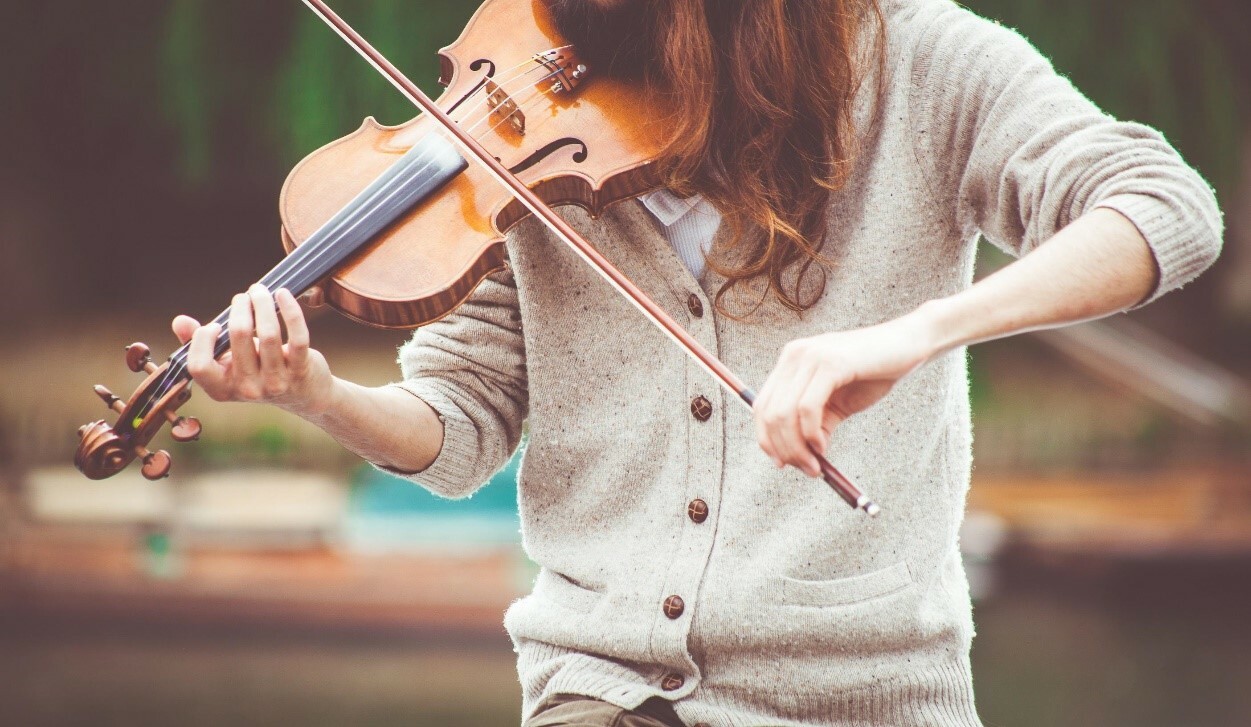
★習慣一:練琴前做些手指拉伸的動作。
動作以手指韌帶的拉伸為主,不要太用力。目的類似於跑步、游泳前的準備運動,能使你更快地進入彈琴狀態。冬天的話可以先抱會兒熱水袋暖暖手。
★習慣二:堅持每天練音階。
只要你開始練音階了,就堅持每天練一段。這樣,即使每天沒太多時間碰琴,也能使你的水平不至於退得太厲害。對初學者來說,每天練音階更能保持穩定的進步。
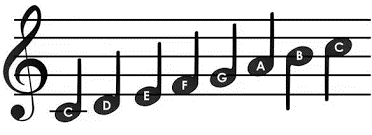
★習慣三:由慢至快。
無論哪種樂器的音樂大師,提到練習,一定會強調慢練的重要性,美國新英格蘭音樂學院教授Kim Kashkashian在大師課上多次和學生說:”If you can slow down,then you can go fast.”
慢練的過程恰恰是我們學習時刻意練習時大腦神經元的有效連接的過程。無論是初學者還是專業學習者都至關重要。
慢練的好處實在太多。總之,慢練就是王道。
★習慣四:第一遍練習就重視譜子上的每一個符號。
許多人第一遍練習都會忽略譜上的表情記號,然後在練熟後改,其實在第一遍練習時就注意表情符號更能加深對曲子的理解。
★習慣五:練琴時備一支鉛筆。
很多時候譜子上並沒有詳細的指法、強弱指示,這時候,就需要用筆來把我們自己認為合適的指法、強弱等記號標上去。記住要用鉛筆,不然寫錯很難改哦!
★習慣六:沒練熟一首曲子前少聽錄音。
錄音只不過是一個參考,沒練熟就听錄音往往會導致我們去模仿錄音,從而盲目追求速度,並失去自己對曲子的理解。
★習慣七:學會分段練習,單獨揪錯。
不要每次都從頭拉到底,第一遍練一首曲子是先把它分段,熟悉一段以後再練下一段。一旦發現哪裡有錯誤,要單獨把錯誤的地方挑出來改正。分段練習也更有利於曲子的整體把握。
★習慣八:盡量保持良好的手型。
不論練什麼曲子,不論用什麼速度練,盡量保持良好的手型。也許有人會說:速度上去了,手型就沒法保證了。其實不然,能在高速彈奏中保持良好的手型也是檢驗基本功是否紮實的標準之一。同樣,好的手型,也幫助演奏者完成更好的音準效果
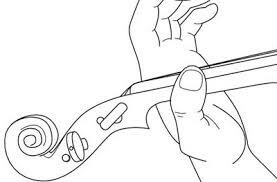

★習慣九:練與自己水平相近的曲子。
很多人喜歡練超出自己水平很多的曲子,這樣做其實是有害而無益的。曲子超出自己水平很多,你就很難保證自己技術處理上的準確性,甚至會有大量的錯音。而且以後即使有水平練習這曲子了,也很難改回來。
★習慣十一:明確每天練琴的目標,不要同時練很多曲子。
和學習工作一樣,練琴也需要有目標。比如確定今天要練熟曲子的某一段,或者要把某首曲子背出來等等。不要盲目地同時練很多曲子,囫圇吞棗式的練習會使你感到進展緩慢。相比之下集中突擊一到兩首曲子效果會好很多。
★習慣十二:嚴謹至上,切忌得過且過。
練琴不嚴謹可以說是業餘習琴者的通病。練琴過程中難免會有各種各樣的難點,這時千萬不能有得過且過的心理,每啃下來一個難點,水平就上個台階。
音樂就是思想著的聲音。
Music is the sound of thinking.
_____________________________________________________________________________________________________________________________________________________________
12 Habits Every Violin Beginner Must Cultivate
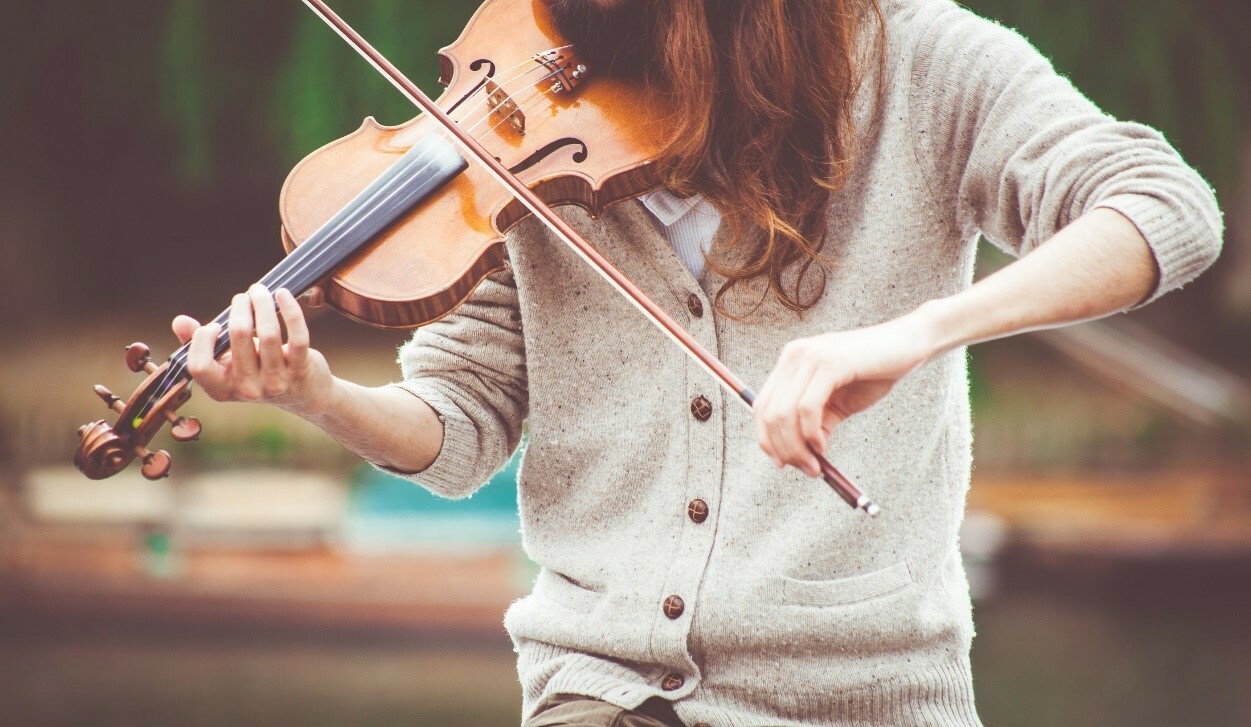
★Habit 1: Do some finger stretching before practicing the piano.
The action is mainly based on the stretching of the finger ligaments, and do not use too much force. The purpose is similar to the preparatory exercise before running and swimming, which can make you enter the state of playing the piano faster. In winter, you can hold a hot water bottle to warm your hands first.
★Habit 2: Insist on practicing scales every day.
As long as you start practicing scales, stick to one paragraph every day. In this way, even if you don't have much time to touch the piano every day, your level will not drop too much. For beginners, practicing the scales every day can maintain steady progress.
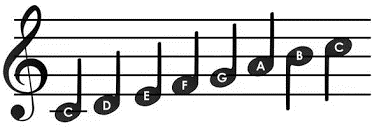
★Habit 3: from slow to fast.
No matter what kind of music master, when it comes to practice, he will definitely emphasize the importance of slow practice. Kim Kashkashian, a professor at the New England Conservatory of Music in the United States, said to his students many times in his master class: "If you can slow down, then you can go fast.”
The process of slow practice is precisely the process by which we learn the effective connections of neurons in the brain when we practice deliberately. It is essential for both beginners and professional learners.
There are many benefits of slow training. In short, slow training is king.
★Habit 4: For the first practice, pay attention to every symbol on the score.
Many people ignore the emoji on the score for the first practice, and then change it after practice. In fact, paying attention to the emoji in the first practice can deepen the understanding of the song.
★Habit 5: Prepare a pencil when practicing the piano.
In many cases, there is no detailed fingering and strength instructions on the score. At this time, we need to use a pen to mark the fingering, strength and other marks that we think are suitable. Remember to use a pencil, otherwise it will be difficult to correct mistakes!
★Habit 6: Listen less to the recording before you have mastered a piece of music.
The recording is just a reference. Listening to the recording without being proficient often leads us to imitate the recording, so as to blindly pursue the speed and lose our understanding of the song.
★Habit 7: Learn to practice in sections and make mistakes alone.
Don't start from the beginning to the end every time. The first time you practice a piece of music, you should first divide it into sections, and then practice the next section after you are familiar with it. Once you find any mistakes, you should single out the mistakes and correct them. Sectional practice is also more conducive to the overall grasp of the song.
★Habit 8: Try to maintain a good hand shape.
No matter what song you practice, no matter what speed you practice at, try to maintain a good hand shape. Some people may say: as the speed goes up, the hand shape cannot be guaranteed. In fact, it is not the case. Being able to maintain a good hand shape in high-speed playing is also one of the criteria for checking whether the basic skills are solid. Similarly, a good hand shape also helps the player to achieve a better intonation effect
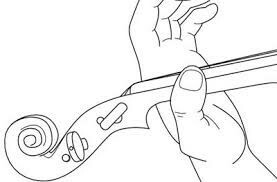

★Habit 9: Practice songs that are similar to your own level.
Many people like to practice songs that are much beyond their own level, but doing so is actually harmful and unhelpful. If the tune is much beyond your own level, it will be difficult for you to guarantee the accuracy of your technical processing, and there will even be a lot of mistones. And even if you practice this song at a level in the future, it will be difficult to change it back.
★Habit 11: Make clear the goal of practicing the piano every day, and don't practice many pieces at the same time.
Like learning and work, practicing the piano also requires goals. For example, make sure you want to master a certain section of a song today, or you want to memorize a certain song, etc. Don't blindly practice a lot of pieces at the same time, you will feel that your progress is slow when you practice whole-heartedly. In contrast, the effect of concentrated attack on one or two songs will be much better.
★Habit 12: Rigor comes first, don't just let it go.
It can be said that the lack of rigorous piano practice is a common problem for amateur piano practitioners. There will inevitably be various difficulties in the process of practicing the piano. At this time, you must not have the mentality of just getting through it. Every time you tackle a difficulty, your level will rise to a higher level.
音樂就是思想著的聲音。
Music is the sound of thinking.








